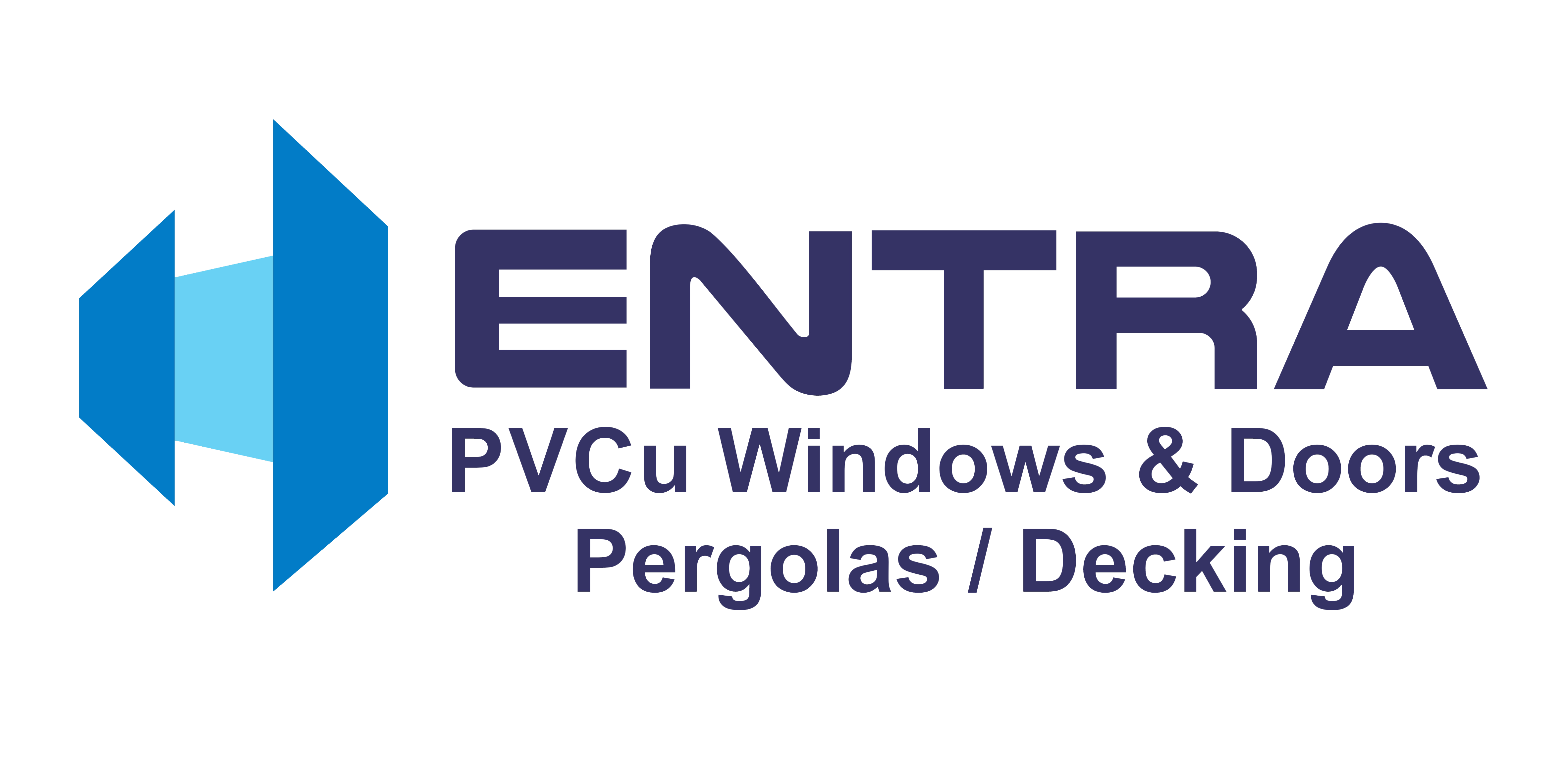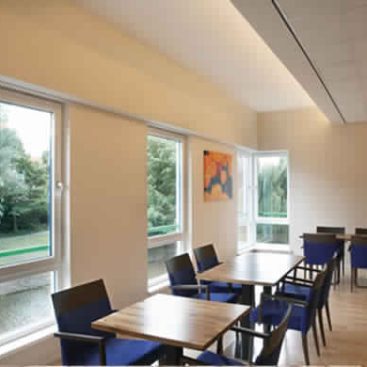What is the difference between PVC& uPVC?
While “PVC” stands for polyvinyl chloride, the “u” in uPVC stands for unplasticised. In other words, windows that are made from uPVC contain a different kind of plastics than PVC windows.
Here is a more in-depth explanation about the two and the benefits of each.
PVC Windows
Windows that are made from PVC are very versatile and provide many benefits.
One of the main benefits arises from the synthetic plastic that is contained in PVC. This synthetic plastic, also known as synthetic resin and polyvinyl chloride, contains very little to no crude oils, which makes PVC windows fire-resistant.
Furthermore, PVC windows are also very durable and sturdy and therefore have a long life span.
Apart from that, these types of windows are very low-maintenance and easy to install, which altogether makes them an inexpensive option.
By installing PVC windows, you will also help reduce the noise coming into your home. The levels of noise reduction will depend on different factors, the most important ones being the thickness of the glass and the number of window panes.
In other words, the thicker the glass and the more panes you have, the less noise you will hear.
In general, PVC windows will give a modern touch to any home and they will look great, enhancing the overall curb appeal of any property.
When it comes to maintaining your PVC windows, there is not much to worry about – a basic clean now and then will do the trick. Unlike other materials, such as wood, PVC windows will hold up well in any climate.
uPVC Windows
uPVC is also often referred to as rigid PVC due to the absence of synthetic plastic that makes them hard and non-flexible.
There are many reasons why uPVC is an excellent material for window frames, including the fact that they are very durable and long-lasting. These kinds of windows provide outstanding performance while requiring very little maintenance.
uPVC windows offer great value for money because they also have great thermal properties and they act as sound insulators.
When larger window frames are made from uPVC, galvanised steel reinforcement is often used to improve the strength and durability of the window frames.
You can rest assured that your uPVC window will not warp, rot or rust. The nature and quality of the uPVC allow it to hold up against the harshest weather conditions.
When uPVC windows are compared to aluminium or timber windows, uPVC windows are considerably cheaper to install.
The best thing about uPVC windows is that they are extremely energy efficient, reducing heating costs and keeping your home warm during the winter.
uPVC windows undergo quality control testing and therefore, one does not have to be concerned that these materials are dangerous to use when buying from a certified manufacturer.


